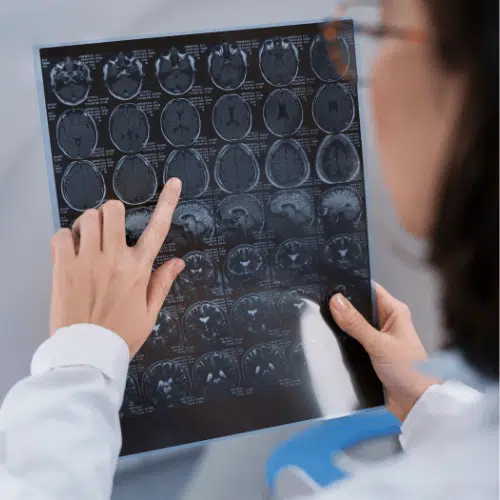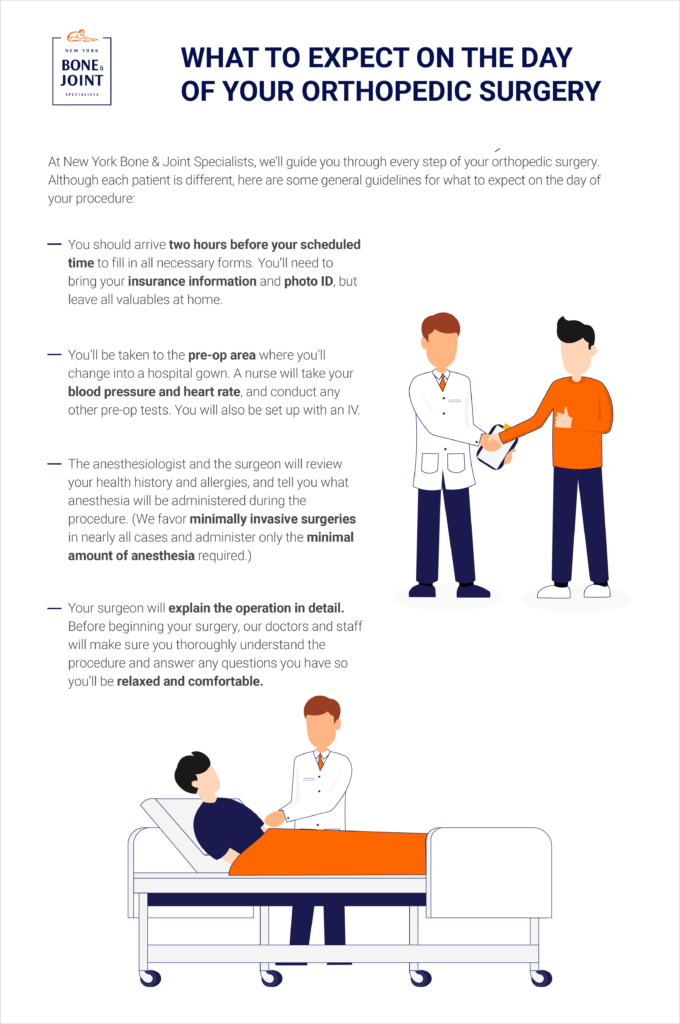The Best Guide To Axis Spine And Orthopedics
The Best Guide To Axis Spine And Orthopedics
Blog Article
Things about Axis Spine And Orthopedics
Table of ContentsSome Known Details About Axis Spine And Orthopedics Axis Spine And Orthopedics - An OverviewThe Ultimate Guide To Axis Spine And OrthopedicsThe Basic Principles Of Axis Spine And Orthopedics
An orthopedic surgeon is a doctor that specializes in dealing with issues of the bones, joints, and connective tissues, and ensuring you preserve a healthy and balanced musculoskeletal system., we have very qualified orthopedic doctors that are qualified of dealing with people of all ages. I obtained involved in research during my initial year of clinical college, and I started making connections with orthopedic doctors early on.
Follow these standards very carefully to prevent issues during the treatment. Go over the post-operative treatment strategy with your surgeon. Comprehend what to expect during the recuperation duration and how much time it will certainly require to resume everyday activities. Schedule transport to and from the healthcare facility on the day of surgical treatment.
3 Simple Techniques For Axis Spine And Orthopedics

You won't be able to drive instantly after the treatment. Method leisure strategies, such as reflection or deep breathing workouts, to help take care of anxiety. Shower with an anti-bacterial soap the night before and the morning of the surgical procedure to lower the danger of infection. Your physician will give lots of information pertaining to post-operative treatment, including just how to stay clean and keep the medical location clean. This can be useful to do days prior to the surgical procedure to ensure you do not forget anything. Complying with these suggestions can prepare you literally and psychologically for your orthopedic surgery. Bear in mind to preserve a positive overview and depend on your clinical group's competence, adding to a smoother recuperation process. Your energetic involvement in the preparation process will certainly empower you to take cost of your wellness and improve your total surgical experience. Checking out a little bit concerning the surgical treatment or attempting to enjoy a video of it is the best preparation. This way you have a concept of what happened, what is happening, and what will occur.

Or else, you'll just obtain perplexed. Think concerning the large photo. No one anticipates you to understand anything, so don't attempt to memorize a lot of random realities. Whether you're running after your children, tackling treking trails, or displaying your ideal dancing actions, keeping your bone and joint system in great form is important. Or else, joint discomfort can really screw up your life.
Common problems treated by orthopedic surgeons are: Fractures and Bone Injury: Broken bones and other injuries from accidents or influences. Bone Cancer: Tumors in the bones. Orthopedic Injury: Serious injuries impacting bones, joints, or soft cells.
Orthopedic surgeons carry out a range of treatments to aid individuals with bone and joint concerns. Apart from these subspecialists, some orthopedic specialists are generalists. Training may include conventional clinical institution (a doctor of medication level, or MD)or osteopathic education (a medical professional of osteopathy level, or DO) - axis spine.
6 Easy Facts About Axis Spine And Orthopedics Explained
Next, they finish an orthopedic residency. It's typically five years and gives hands-on understanding in a medical setup. Limited motion because of discomfort. Stiffness. Appointments often include: Reviewing your symptoms, clinical history and way of living. A physical examination, consisting of relocating the influenced joint in certain methods. Imaging researches, such as an X-ray. Description of your my website diagnosis.
Treatment referrals. Some conditions need extra imaging, like a CT check or MRI for more extensive sights of the agonizing location. Your orthopedist will recommend treatments to minimize signs and symptoms until you get a medical diagnosis. Orthopedic specialists focus on nonsurgical and medical techniques. For particular types of orthopedic trauma or genetic conditions, surgical procedure is typically the very first line of treatment. For the majority of other problems, orthopedists try nonsurgical therapies. It might take more than one kind of therapy to accomplish lasting alleviation. Picking the right is critical for successful surgical outcomes and enhanced patient healing. With a variety of options offered out there, it can be overwhelming for both cosmetic surgeons and people to make an informed choice. The leading 5 factors to take into consideration when picking an orthopedic implant are surgical compatibility, cost-effectiveness, factors to consider for revision surgical treatment, patient-specific elements, and the design and development of the implant. They come in numerous shapes, sizes, and products, each serving a particular purpose based on the individual's needs. Understanding the essentials of orthopedic implants is important prior to diving into the decision-making process. One of the leading considerations when selecting an orthopedic implant is its compatibility with the procedure. Various implants are designed for different surgical methods and strategies. The orthopedic dental implant should be specifically developed to fit the person's makeup and make sure security during the healing procedure. Surgical compatibility includes aspects such as dental implant size, form, and material. The success of orthopedic treatments relies heavily on the correct choice and placement of implants that work with the individual's anatomy and clinical background. By focusing on client safety and security and wellness, orthopedic specialists can accomplish effective results and provide the greatest top quality of like their individuals. Doctors must meticulously consider the biomechanical buildings of the implant and exactly how it will certainly incorporate with the client's bone framework. This will add to much better surgical end results, reduced difficulties, and shorter recovery time. When choosing implants for a person, it is important to think about a range of patient-specific factors that can influence the success and result of the procedure. These factors include the individual's age, bone top quality and amount, dental health standing, medical history, lifestyle behaviors, and visual preferences. For older clients with endangered bone density, shorter implants or grafting procedures may be valuable to supply the needed security and assistance. 3. Is the size of the orthopedic dental implant a vital factor to consider? Just how does it affect the medical treatment and the person's recovery? Yes, the dimension of the dental implant is vital as it must match the client's framework for correct fit and capability. 4. Can the patient's age and way of living contribute in picking one of the most appropriate orthopedic implant? Absolutely. Exactly how does the cost of an orthopedic implant factor right into the decision-making process, and exist methods to stabilize quality with price? The price of the implant is a vital factor to consider, but it ought to not be the single determining variable. Balancing top quality with cost includes considering various dental implant choices 'long-term benefits and possible problems. Report this page